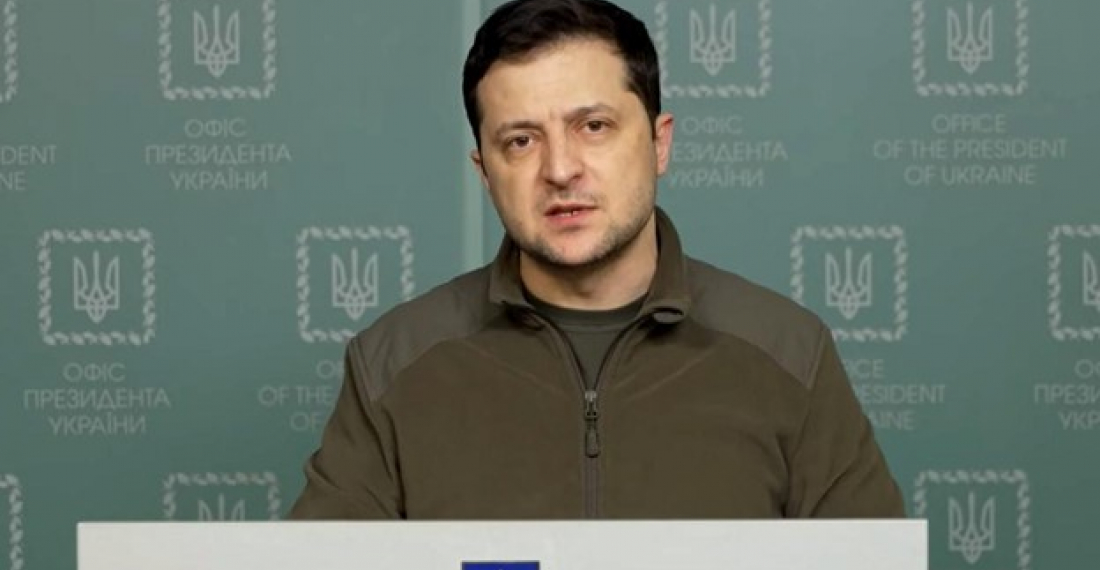The President of Ukraine, Volodymyr Zelensky, has recalled the Ukrainian ambassador to Kyrgyzstan. Zelensky accused Kyrgyzstan of justifying the Russian involvement in Ukraine during a call between the Kyrgyz President, Sadyr Japarov, and Russia's Vladimir Putin.
In a video address, President Zelensky stated that the Kyrgyz government had, in the call between the two presidents, justified the Russia-Ukraine conflict and the presence of Russian troops in Ukraine. After the call between Putin and Japarov on 26 February, the Kremlin press service stated “Sadyr Japarov pointed out that Kyiv was responsible for undermining the Minsk Agreements and expressed support for Russia’s decisive actions aimed at protecting civilians in Donbas.” However, the Kyrgyz readout of the call stated that Japarov and Putin “exchanged views on regional and global security issues, including the situation around Ukraine.” Nevertheless, President Zelensky’s view that the Kyrgyz government had defended the Russian actions in Ukraine resulted in Ukraine’s ambassador to the Kyrgyz Republic, Valery Zhovtenko, being recalled.
In the same video address, President Zelensky also announced the recalled the Ukrainian ambassador to Georgia after Georgian Prime Minister, Irakli Garibashvili, rejected the international effort to use sanctions. Ukraine also appears to be unhappy that Georgia had not facilitated the transfer of Georgian volunteers who wanted to go and support the Ukrainian cause.
The Kyrgyz government is yet to make an official statement on the Russia-Ukraine conflict.






